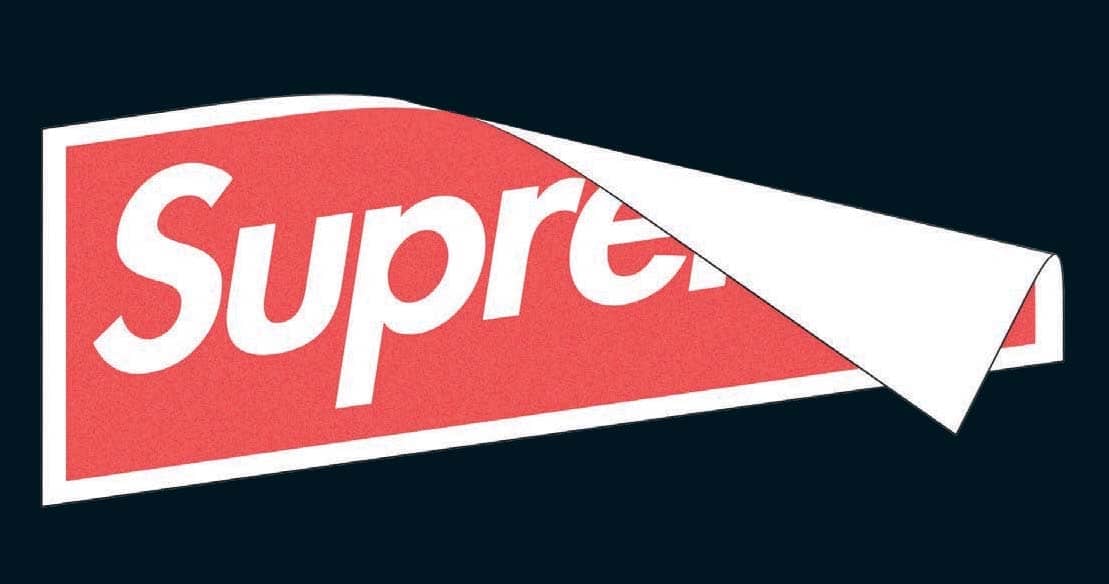
They looked just like the ones that run $150 or more for fans lucky enough to find them in stores—and many multiples of that from resellers online.
But the hats and sweatshirts weren’t made by the New York streetwear brand. They were the work of an Italian company that had hijacked Supreme’s look and logo—in other words, a shameless knockoff. And thanks to a combination of entrepreneurial creativity (some might call it cynicism) and the quirks of trademark law, the whole thing seemed to be totally legal.
1. Claim the Brand
The Italian Supreme filed trademark requests in various countries—including Italy, Spain, and China—where Chapter 4 Corp., the owner of the real brand, hadn’t yet secured its registration. With trademark applications in hand, the Italian company started manufacturing fake-but-apparently-legal Supreme gear in Bisceglie, a small fishing port on the Adriatic Sea. There were almost no discernible differences between the knockoffs and the originals.
2. Exploit International
Trademark Law Trademarks have to be registered country by country. So even if your brand is well-known if you don’t claim the trademark, there’s a risk that someone else might. And some regulators, such as Italy’s, don’t verify whether anyone else has submitted a request for a similar trademark when you make an application.
3. Be Shameless Supreme
Italia founder Michele di Pierro’s résumé includes:
هذه القصة مأخوذة من طبعة July 05 - 12, 2021 (Double Issue) من Bloomberg Businessweek.
ابدأ النسخة التجريبية المجانية من Magzter GOLD لمدة 7 أيام للوصول إلى آلاف القصص المتميزة المنسقة وأكثر من 9,000 مجلة وصحيفة.
بالفعل مشترك ? تسجيل الدخول
هذه القصة مأخوذة من طبعة July 05 - 12, 2021 (Double Issue) من Bloomberg Businessweek.
ابدأ النسخة التجريبية المجانية من Magzter GOLD لمدة 7 أيام للوصول إلى آلاف القصص المتميزة المنسقة وأكثر من 9,000 مجلة وصحيفة.
بالفعل مشترك? تسجيل الدخول

Instagram's Founders Say It's Time for a New Social App
The rise of AI and the fall of Twitter could create opportunities for upstarts

Running in Circles
A subscription running shoe program aims to fight footwear waste

What I Learned Working at a Hawaiien Mega-Resort
Nine wild secrets from the staff at Turtle Bay, who have to manage everyone from haughty honeymooners to go-go-dancing golfers.

How Noma Will Blossom In Kyoto
The best restaurant in the world just began its second pop-up in Japan. Here's what's cooking

The Last-Mover Problem
A startup called Sennder is trying to bring an extremely tech-resistant industry into the age of apps

Tick Tock, TikTok
The US thinks the Chinese-owned social media app is a major national security risk. TikTok is running out of ways to avoid a ban

Cleaner Clothing Dye, Made From Bacteria
A UK company produces colors with less water than conventional methods and no toxic chemicals

Pumping Heat in Hamburg
The German port city plans to store hot water underground and bring it up to heat homes in the winter

Sustainability: Calamari's Climate Edge
Squid's ability to flourish in warmer waters makes it fitting for a diet for the changing environment

New Money, New Problems
In Naples, an influx of wealthy is displacing out-of-towners lower-income workers